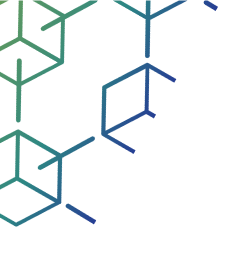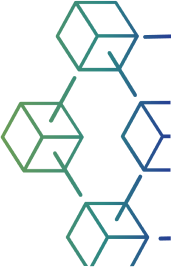Blockchain is an important technological innovation that is rapidly gaining traction across many industries, including the food supply chain. Its ability to increase transparency, efficiency, and accountability in the food supply chain is truly transformative and has the potential to improve food safety, reduce waste, and increase profits for everyone involved.
Agrifood supply chains are complex and involve many actors — from small-scale farmers, primary processors, and traders to product manufacturers, distributors, retailers, and consumers. Emerging blockchain technologies, which improve transparency, security, and durability of supply chains, show promise for addressing the current limitations of food supply chain management:


Blockchain can assist the agricultural and food sectors deal with and managing predictable dangers and maintaining affordability throughout the ecosystem. However, our higher educators and those in advisory positions to traditional sectors such as food and beverage production and processing or agriculture are already lagging. There is a large digital knowledge gap given the fast-paced development and applicability of emerging technologies, our education provision and a consumer-led pressure for change in a post Covid economy.
The Blockchain for Agrifood Educators project aims to tackle societal challenges in the food supply chain and drive the digital transformation of the food sector. The project’s objectives include:



As we developed this project, we interviewed contributors spanning agribusiness facilities, food science and engineering, and nutrition departments, and included students' views. Their collective feedback was very clear:
We now tackle these challenges in the development of our results.